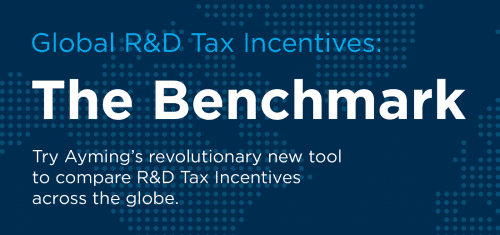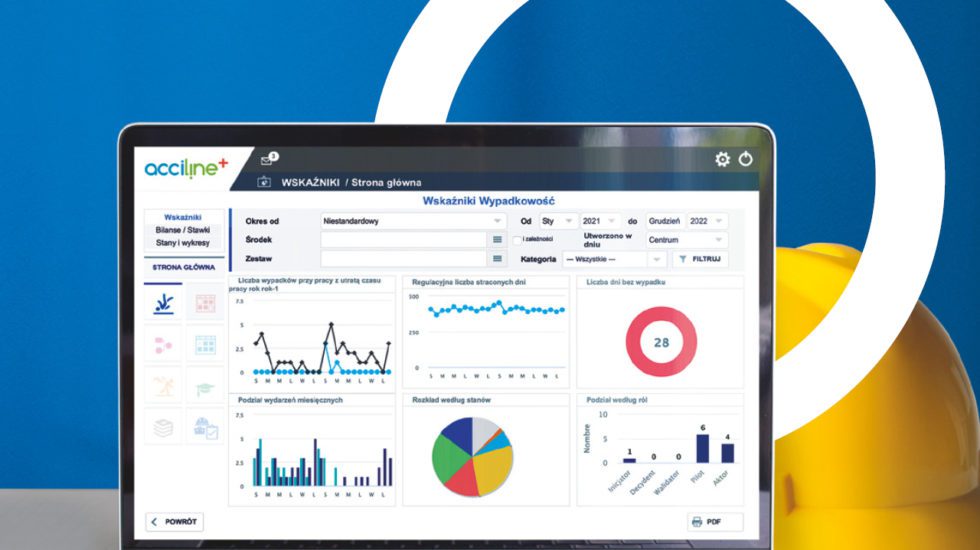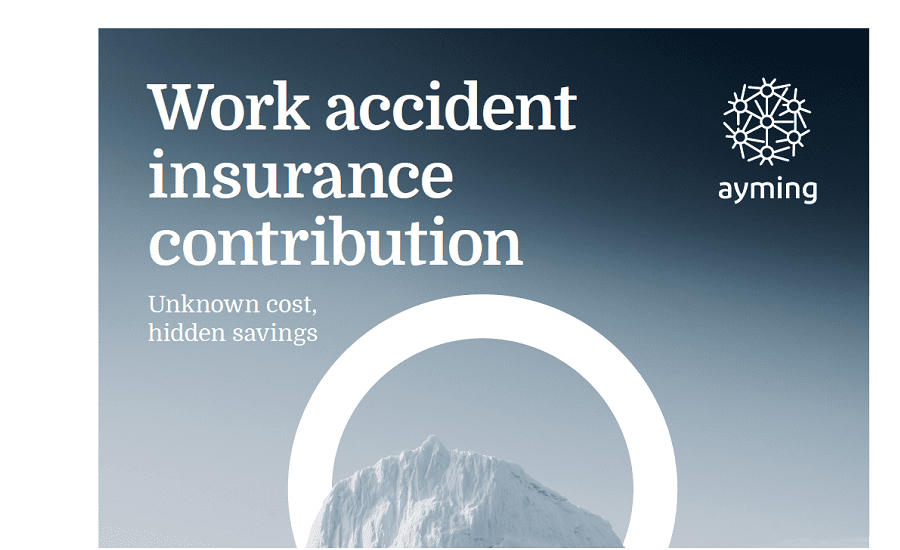Since 2016 entrepreneurs investing in R&D can use income tax relief. Each company may deduct up to 100% of eligible costs specified in the records, while each R&D centre may deduct as much as 150%.
Business results do not matter, therefore the relief can also be granted for project that have not been successful or are still ongoing. The key to using the support are properly defined R&D activities and eligible costs that provide grounds for applying the relief.
Even though the R&D relief is a simple instrument, entrepreneurs still use this tax incentive rather rarely. Meanwhile, everyone who works on new solutions (e.g. develops a new design or software, creates a better product formulation, enhances existing processes) carries out R&D activities. It does not matter if it is a company that employs hundreds of people or a small start-up.

R&D expenses are deducted twice. Frist as tax deductible expenses (100%), and then by deducting 100% of the same expense from the already calculated taxable amount.
We assist enterprises in using tax relief for R&D, adjusting our actions to the specificity of each sector of industry and ensuring accuracy and security of settlements. In 2016 80% of all tax interpretations concerning relief for R&D were issued on our request. We lead the team for innovation tax incentives at the Tax Board of “Lewiatan” Confederation.
What do we offer?
- Properly identified R&D activities – we perform a comprehensive analysis of the scope of R&D activities. In this way we are able to determine whether a company can apply tax incentives for R&D and if so – to what extent.
- Proper classification of costs – we determine which R&D activity-related costs can be classified as eligible costs. It allows thorough use of the possibilities provided by the relief.
- Legal assistance – we prepare and complete technical and scientific documents and we procure tax interpretations.
- Support at every stage of the process – we provide full technical, scientific support as well as accounting services and the possibility of representing companies before tax authorities.
- Access to unique know-how – thanks to our international experience in R&D project implementation, we possess unique knowledge on R&D activities.
- Generating real savings – up to 100% of R&D costs deducted from the taxable amount for companies and up to 150% of deduction for R&D Centres
- Secure implementation – our solutions are compliant with applicable regulations, interpretations and court rulings.
How are we different?
- We specialise in the field of tax incentives for R&D, having more than 25 years of international experience. From the very beginning we have been involved in the process of creating tax relief for R&D in Poland and today we are the most experienced provider of this service on the Polish market.
- Engineer-assisted technical audit – we carry out on-site inspections at company premises and we talk to technical staff, which allows us to identify all the R&D activities that are performed. We do not limit ourselves to analysing the documents we receive, but we also identify R&D activities ourselves. Due to this, customers can enjoy greater financial benefits related to R&D tax incentives.
- Interdisciplinary team – our team is composed mainly of engineers and scientists who strictly cooperate with financial experts, lawyers and tax advisors. We offer full legal, technical, scientific and accounting support.
- High quality of implementation – we assist our customers along the whole process of obtaining the tax relief, from identification of R&D activities to assistance during tax audits.
R&D tax relief unveiled
Who can apply R&D tax relief?
Innovations may appear in many sectors of the economy. Therefore, every company may use the R&D tax relief, regardless of its size and the sector it operates in. The exception here are tax-payers whose R&D costs have been reimbursed in any other form.
How can we get the R&D tax relief?
You should:
- determine whether your company carries out R&D activities according to the provisions of the Act of 25 September 2015 on amendment of certain laws related to innovation support,
- define the projects and their scope that fall in the category of R&D,
- relate the eligible costs of this activity to the tax relief.
What are R&D activities?
R&D activities can be understood in a very broad sense. They do not only stand for advanced R&D projects. They also include regular activities and company operations that are innovative in any way. It can be for instance implementation of an IT system, enhancement of product formulation or creation of a new packaging from biodegradable materials.
Eligible deductible costs:
- the cost of employing people in proportion to the time dedicated to R&D activities,
- purchase of materials and resources directly related to the carried out R&D activities,
- expert opinions, counselling and equivalent services, purchase of the results of scientific research performed under a contract by a research unit, serving the carried out R&D activities,
- using R&D equipment, for consideration,
- depreciation/amortisation write-offs related to tangible and intangible assets used in R&D activities,
- the costs of obtaining a paten, utility model and industrial design protection costs,
- special equipment used directly in R&D activities,
- purchase of the service of using R&D equipment.
The deduction does not apply to the costs of depreciation of cars and structures, buildings and premises.
Obligations of the tax-payers willing to use the relief:
- identifying the costs of R&D activities in tax accounting books,
- incurring non-refundable eligible costs (e.g. the costs of salaries of engineers developing a new or significantly improved programme),
- conclusion of a contract with a research unit – in the case of buying basic studies.











